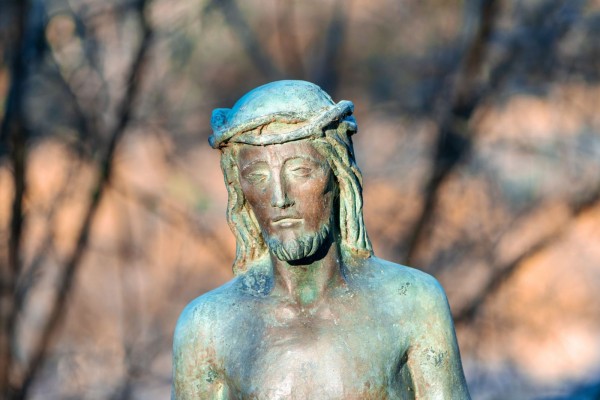
This weekend we celebrate Christ the King and with this solemnity we come to end of our liturgical year. I have always pondered about the meaning of this celebration in light of a passage in John 6:15: “When Jesus realized that they were about to come and take him by force to make him king, he withdrew again to the mountain by himself.” In this passage, after feeding five thousand people (read John 6:1-14), Jesus is reluctant to be seen as a king. Why? Maybe was not the right time to do that? Or could it be because the motivation behind the crowd to make him a king? I believe it is because of the motivation of the crowd. Who does not what a king that can multiply bread?! Jesus of course is willing to feed the hungry, but if the miracle is always done by Jesus, we might forget that through generosity, giving up our own interests, we can also feed the hungry. It is easier to have a king that solves our problems. It is harder to work on those problems ourselves, especially when we must give up from our own goods and efforts.
I also believe Jesus was reluctant to be seen as king because of the political and elitist connotations that come with it. A king is sociologically a superior member of society. This idea contrast sharply with a God who became one of us and adopted our humble human nature.
Indeed, the Hebrew bible is concerned with any elitist attitude on behalf of the king. The book of Deuteronomy not only contains the only law impose on kings in those times but also states that any king in Israel should not “exalt himself above other members of the community” (Deut 17:20). Also, the idea of Jesus being a king, separated from us is less challenging than seeing him as equal to us, someone to follow and imitate. I do not doubt the title of king is indeed appropriate for Jesus as he is indeed our God, the only one to be praised. I just hope the idea of his kingship do not take away the responsibility we have to imitate him in his humanity and do not make us passive spectators that only ask for favors. His kingship is proper for the praise due to him, not to consider him an unreachable monarch whose only job is to grant favors to his people.









